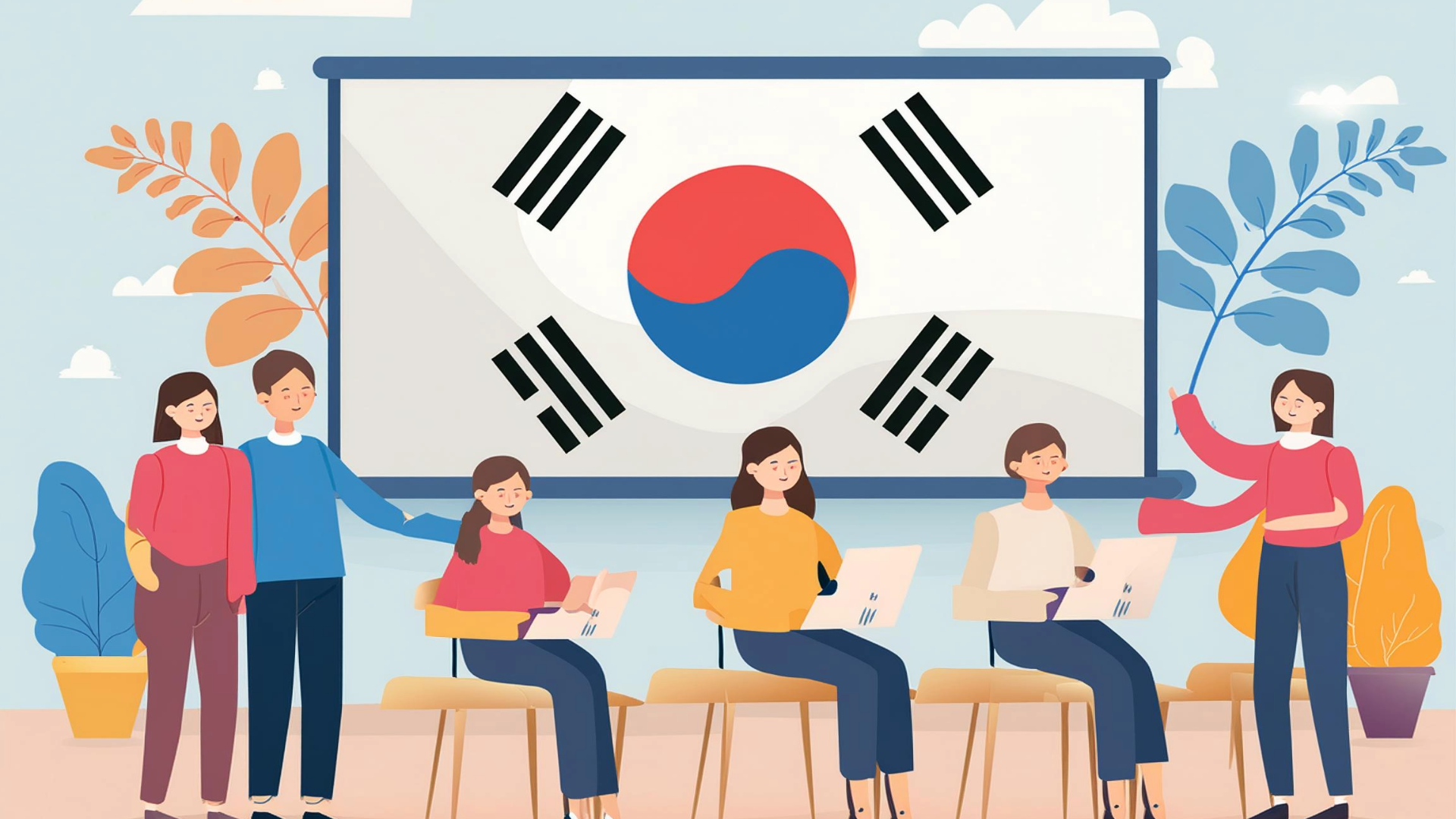
Korean can sometimes feel like a gateway to a whole new universe, especially if you’ve ever found yourself humming along to a K-pop track or binge-watching a heartwarming K-drama. You don’t have to be perfect to enjoy it—just a dash of curiosity and a willingness to make a few mistakes along the way will do wonders. It’s amazing how fulfilling and fun this journey can become once you start seeing small flashes of progress.
Basic Korean Greetings
A great place to begin is greeting people in a friendly manner. If you want to say “Hello” in Korean, you can use 안녕하세요 (annyeonghaseyo), which works for both casual and polite situations. It literally conveys a sense of “Are you at peace?”, showing how respect is woven into everyday language. Another handy expression is 감사합니다 (gamsahamnida), meaning “Thank you”—a phrase that instantly makes interactions smoother. For a more casual “Thanks,” you might hear people say 고마워 (gomawo). Don’t be scared to try these out, even if you’re not completely sure about your pronunciation. Mistakes add color to the learning process.
Food and Dining Expressions
Food is a big deal in Korea, and it’s no wonder that so many Korean dramas revolve around home-cooked meals and dinner gatherings. To say “to eat” in Korean, use 먹다 (meokda). This verb is short and sweet, but you’ll hear it a lot in daily chatter. When you want to order your meal, you might say 주문하다 (jumunhada), which means “to order.” One phrase you might find super useful at a restaurant is 이거 주세요 (igeo juseyo), or “Please give me this.” Don’t worry if you can’t pronounce every dish’s name—pointing at the menu with a big smile can work wonders too!
If you take a bite and it tastes out of this world, you can exclaim 정말 맛있어요 (jeongmal masisseoyo)! which literally means “It’s really delicious!” People love hearing how much you enjoy their food, so this phrase can bring smiles all around.
++이름이 뭐예요? (ireumi mwoyeyo?)++ is a classic line for asking, “What is your name?” You might also encounter 몇 살이에요? (myeot sarieyo?), which means “How old are you?” Age is a pretty big deal in Korean culture, as it affects how you address others. That’s why folks often share their age when they first meet, making sure everyone knows the right level of politeness to use. It might feel a little unusual at first, but it’s actually kind of cool once you get used to it.
Here are a few more handy expressions to keep in your back pocket: 1. 괜찮아요 (gwaenchanayo) – “It’s okay.” 2. 미안해요 (mianhaeyo) – “I’m sorry.” 3. 대박 (daebak) – “Awesome!” 4. 화이팅 (hwaiting) – “Let’s go!” or “You can do it!” 5. 조심해요 (josimhaeyo) – “Be careful.”
Tips to Keep Going - Speak out loud, even if you stumble. - Write new words on sticky notes and put them around the house. - Listen to Korean music for extra practice. - Laugh at your mistakes—and learn from them. - Celebrate every step, no matter how small.
Embracing Korean leads to many delightful surprises: you might catch yourself grinning when you understand a snippet of dialogue in a drama or recognize a phrase in your favorite pop song. The key is to stay ++patient++ and have a lighthearted approach. After all, every new word or phrase you absorb brings you closer to connecting with people on a deeper level.
In the end, it’s not about flawlessly memorizing grammar rules; it’s about the adventure of immersing yourself in a vibrant culture and letting your curiosity guide you. If you take things one day at a time and keep your eyes open for new opportunities to practice, you’ll discover that learning Korean can be one of the most uplifting experiences you’ve ever had. Let yourself enjoy the slip-ups and silliness because, in the grand scheme of things, those are the moments that help you grow.